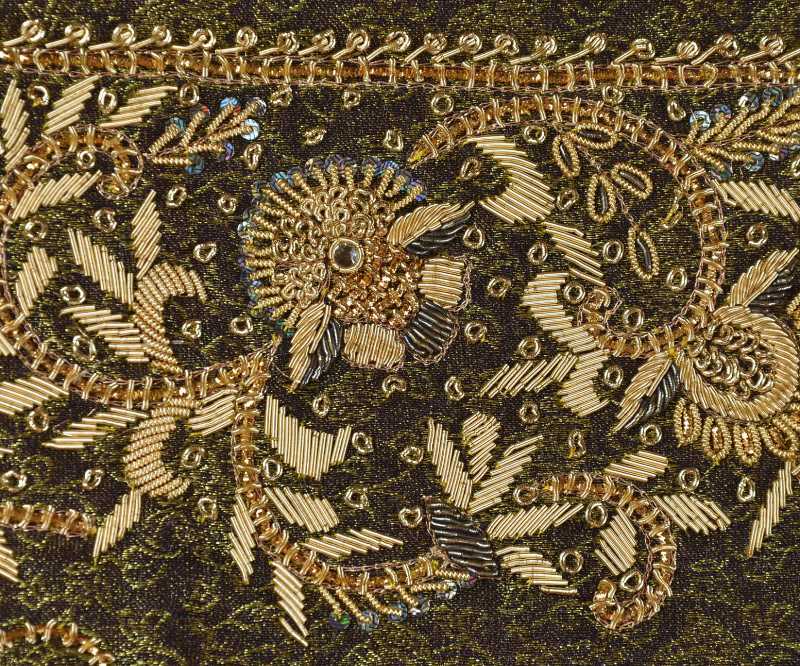===
0292,
11
===

=== |
 |
FWP:
SETS == MIDPOINTS
MOTIFS == GOOD/BAD
NAMES
TERMSThe second line makes brilliant use of apnā by positioning it as a 'midpoint' word that can be read either with the phrase before it, or with the phrase after it.
Since the line is so irresistibly pithy and aphoristic, let me just unpack some of the possible readings:
=Those who want or seek evil for themselves are right to do so. (It will help them escape all the sooner from this wretched age/world.)
=Those who want or seek evil for themselves, in fact do well and thrive. (The age/world is so perverse and contrary that if you try to harm yourself in order to escape it, it will actually seek to thwart you by causing you to flourish.)
=Those who want or seek their own ill, they do good-- and thus achieve their own ill. (As in the cynical saying 'No good deed goes unpunished'.)
=Those who want or seek evil, do well for themselves and are rewarded. (The age/world is so corrupt that evil-doers are the ones who flourish.)
And by no coincidence, the first line is so framed that all these possibilities work well with it.
Compare Ghalib's play with the same set of oppositions:
G{177,6}.